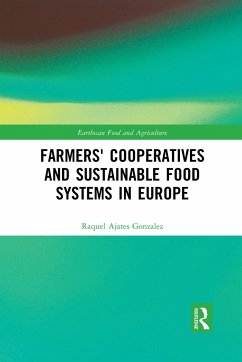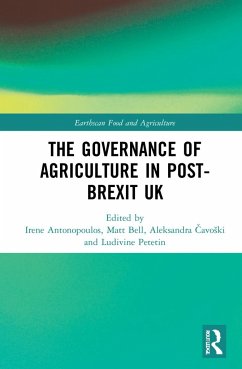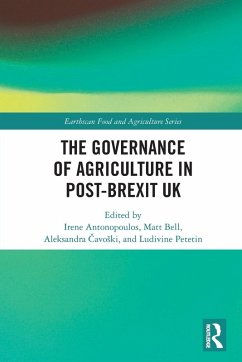
British Agriculture in the First World War (RLE The First World War)
Versandkostenfrei!
Versandfertig in 6-10 Tagen
49,99 €
inkl. MwSt.
Weitere Ausgaben:

PAYBACK Punkte
25 °P sammeln!
This volume comprehensively describes how British farmers coped with the problems of shortage of labour and other factors of production, as well as assessing how well agriculture performed as a supplier of food to the nation. Use of previously neglected records provides much evidence on issues such as the deployment of substitute labour and the introduction of the tractor into British farming for the first time. Challenging accepted view on the period, the author shows that shortages of labour and other factors of production had only a slight effect on farm output and the national food supply....
This volume comprehensively describes how British farmers coped with the problems of shortage of labour and other factors of production, as well as assessing how well agriculture performed as a supplier of food to the nation. Use of previously neglected records provides much evidence on issues such as the deployment of substitute labour and the introduction of the tractor into British farming for the first time. Challenging accepted view on the period, the author shows that shortages of labour and other factors of production had only a slight effect on farm output and the national food supply.














